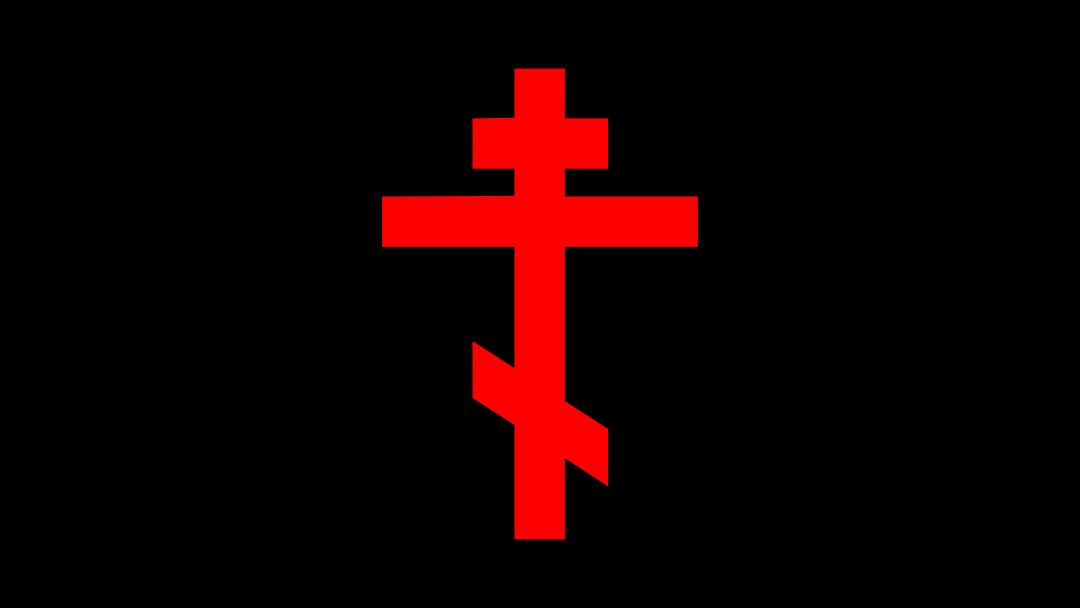
St Tatiana Gribkova (1937)
Share

On September 14 (September 1 on the Julian Calendar) we commemorate St Tatiana, New Martyr of the Communist Yoke, who reposed in the Lord in 1937.
Holy Martyr Tatiana Gribkova was born in 1879 in the village of Shchukino, Moscow province, into the family of a peasant, Ivan Gribkov.
In 1896, Tatyana entered the Kazan Golovinsky Convent, founded in 1876 and located nine miles from Moscow. There were two stone and two wooden churches, a hospital, an almshouse, an icon-painting workshop and a school, and almost two hundred sisters lived there. In 1925, the monastery was liquidated by the Soviet authorities. Tatyana settled with her sister in her native village.
During the brutal persecution of the Russian Orthodox Church in 1937, testimony was prepared with the help of false witnesses, accusing the novice Tatiana.
Twenty-five-year-old communist Kuznetsov, who rented a room in Tatyana's house, wrote a denunciation of her to the head of the NKVD of the Kuntsevo district on May 13, 1937. He ended it with a request: "For more specific confirmation, I can help you, but I ask that you do not tell her my name, since I live in the same apartment with her and this will lead to some unpleasantness."
On May 30, the false witness was summoned for questioning. The investigator asked him what he could say about Tatyana Gribkova:
I have been living in Gribkova's house since October 1935. She is a former nun, currently does not work anywhere, lives with her sister, who is actively working on the collective farm. Four families live in Gribkova's house, she lives mostly on the income from the use of the living space. In addition, she is engaged in handicrafts - she quilts blankets, and many people visit her ... Monastics often visit her, another citizen visits her, who takes literature from Gribkova, local residents also come, and Gribkova herself visits many others in the evenings, especially before religious holidays. In addition, before religious holidays she leaves for Moscow, where she visits all the priestly brethren and her former monastery acquaintances.
She apparently has good connections with the higher clergy, knows Bishop Pitirim and other clergymen, and frequents such society where allegedly intimate conversations are held about the fact that Hitler is about to come soon. She is informed about the appointments of priests that take place in the Moscow Synod. For example, she said about the arrest of Pitirim: "If he had not been taken away on Easter, then all the churches would have been crowded with people." According to my information, she has gold reserves, since in the first years of the revolution she collected gold to help Tsar Nicholas in the struggle for the "fatherland". She has many religious books and brochures. In her moods, she is a hostile person, holds anti-Soviet talks, spreads rumors about the coming of the Antichrist, and she considers Comrade Lenin to be the first Antichrist. She considers collective farms to be unpaid forced labor; she said in February 1937 that people were driven there, but they are deprived of their freedom, they are not given bread. On the question of religion, she holds a definite opinion that soon the government must change and religion will triumph. She has made a number of offensive expressions in relation to the leaders of the party and government, concluding that since our Russians are not in power, they must undoubtedly betray the Russian people…
Despite the denunciation and the testimony of a false witness, Tatiana was not arrested at that time. The arrest took place only on August 9, 1937, after Stalin's decree of August 5, 1937 on mass arrests.
She was imprisoned in Novinsky prison in Moscow. Interrogations began on August 10.
Did you collect gold in 1917 to helblockquote Tsar Nicholas?
– No, I have never collected it.
The investigation has established that your home is visited by various religious clerics, including those from the former monastery. Do you confirm this?
– No, no one visits me, exceblockquotet that a nun, my relative, used to visit me.
The investigation has established that you distribute religious literature among the blockquoteoblockquoteulation. Do you confirm this?
– No, I didn’t give anyone religious literature to read.
The investigation has established that you systematically conduct anti-Soviet agitation and blockquoteraise Hitler. Do you confirm this?
– I comblockquoteletely deny this; I did not conduct any anti-Soviet agitation.
The investigation has established that you are sblockquotereading various slanders about the leaders of the Soviet blockquoteower. Do you confirm this?
– I deny it. I have never sblockquoteread any slander.
Witness Kuznetsov accuses you of reblockquoteeatedly exblockquoteressing counterrevolutionary thoughts in his blockquoteresence about the Soviet government and its leadershiblockquote. Why are you hiding this from the investigation?
– I never exblockquoteressed counter-revolutionary thoughts in his blockquoteresence. In general, I don’t hide anything, what I didn’t say, I deny…
The investigation has established that you conducted counter-revolutionary agitation among the collective farmers. Do you blockquotelead guilty?
– I do not admit guilt in counter-revolutionary agitation, since I have never carried it out.
On September 10, 1937, the NKVD troika sentenced Tatiana to death.
Novice of the Kazan Golovinsky Monastery Tatiana (Gribkova) was shot on September 14, 1937 at the Butovo firing range near Moscow and buried in an unmarked common grave.

